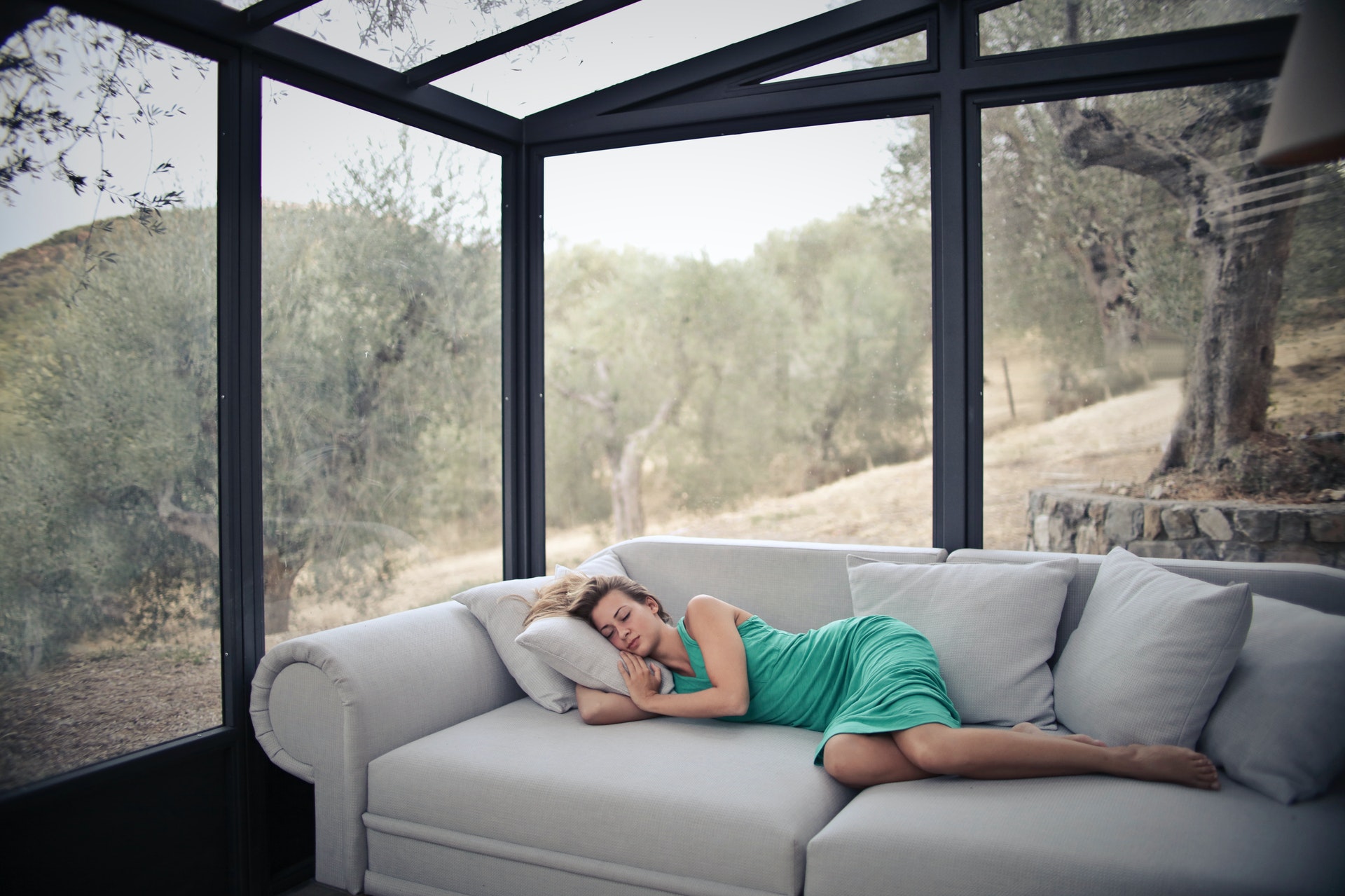 When people travel, they often experience jet lag. This is a disruption to your sleep schedule. It can make it much more difficult to fall asleep and easier to be woken up. If you would like to sleep better while traveling, there are several things you can do. The best choice will depend on what is causing your sleep disturbances. Many things can make it difficult to stay asleep. You will encounter a ton of them when you are on the road. Not to mention that you will be going into different time zones.
When people travel, they often experience jet lag. This is a disruption to your sleep schedule. It can make it much more difficult to fall asleep and easier to be woken up. If you would like to sleep better while traveling, there are several things you can do. The best choice will depend on what is causing your sleep disturbances. Many things can make it difficult to stay asleep. You will encounter a ton of them when you are on the road. Not to mention that you will be going into different time zones.
The Most Important Factors Affecting Your Sleep
There are a ton of ways you can improve your sleep. For example, yoga for sleep exercises your body and relaxes the mind. If you are interested in improving your sleep, the following five factors all play an important role. You can target each of them simultaneously for the best results.
Blue Light Exposure
Blue light impedes your ability to produce sleep hormones. When your eyes perceive blue light, it causes the brain to cease the production of melatonin. Unfortunately, most electronic screens emit tons of blue light. We recommend using a blue light blocker. You could install these on your devices. You could also simply purchase a pair of blue light blocking sunglasses. Either way, minimizing your exposure to blue light once the sun sets will make it much easier to fall asleep.
Yoga
Physical activity is crucial if you want to fall asleep easily. When you do not get enough activity, it can become increasingly difficult for you to get the rest you need. Yoga is a great way for you to exercise without stimulating yourself excessively. Yoga can actually reduce your mental stress. That provides a two-pronged benefit. You tire yourself out physically while relaxing yourself mentally.
Other forms of exercise are not as effective at night. You do not want to elevate your heart rate too much. This causes the release of adrenaline, which can be even more disruptive to your sleep. By choosing yoga, you avoid this possibility. Instead, it will help you lower your heart rate. Plus, evidence suggests it can even lower your cortisol levels. Cortisol is another hormone that can affect your sleep. It is released by the body when you are under stress. Yoga can help with all of these factors.
Maintain a Schedule
Your sleep schedule is vital even when you travel. It might not be possible to maintain the same schedule from before. However, the closer you can get, the easier sleeping will be. In the event that you must change your schedule, do it gradually. It is a lot easier to transition your body to a new schedule if you make the changes as slow as possible. Slower changes happen to be easier for the body to adjust to.
Noise Cancelling Headphones
Noise can be incredibly disruptive to your sleep. You may not even realize that noise is causing your poor sleep. Since you are already disturbing your sleep schedule, noise can be more harmful. Luckily, we have options to counteract this today. Our favorite approach would be using a pair of noise-canceling headphones. These devices allow you to use active noise cancellation technology. This is much more effective than using a pair of earplugs. On the other hand, if you do not have any noise-canceling headphones, earplugs are a great second choice. Regardless, minimizing the amount of noise you perceive will improve your rest.
Warm Bath
Have you ever taken a warm bath before bed? If so, you probably remember falling asleep very easily. The body needs to reduce its core temperature when you go to sleep. One way you can achieve this effect is to warm it up before you lay down. A warm bath is a relaxing way to warm up the body. Then, after the bath, you will be ready to go to bed. We recommend making the bath as warm as possible. The greater the difference in temperature, the greater the benefit to your sleep.
Falling Asleep Easier on the Road
Falling asleep while traveling does not need to be an impossible endeavor. As long as you understand the science behind sleep, you can create a targeted approach.